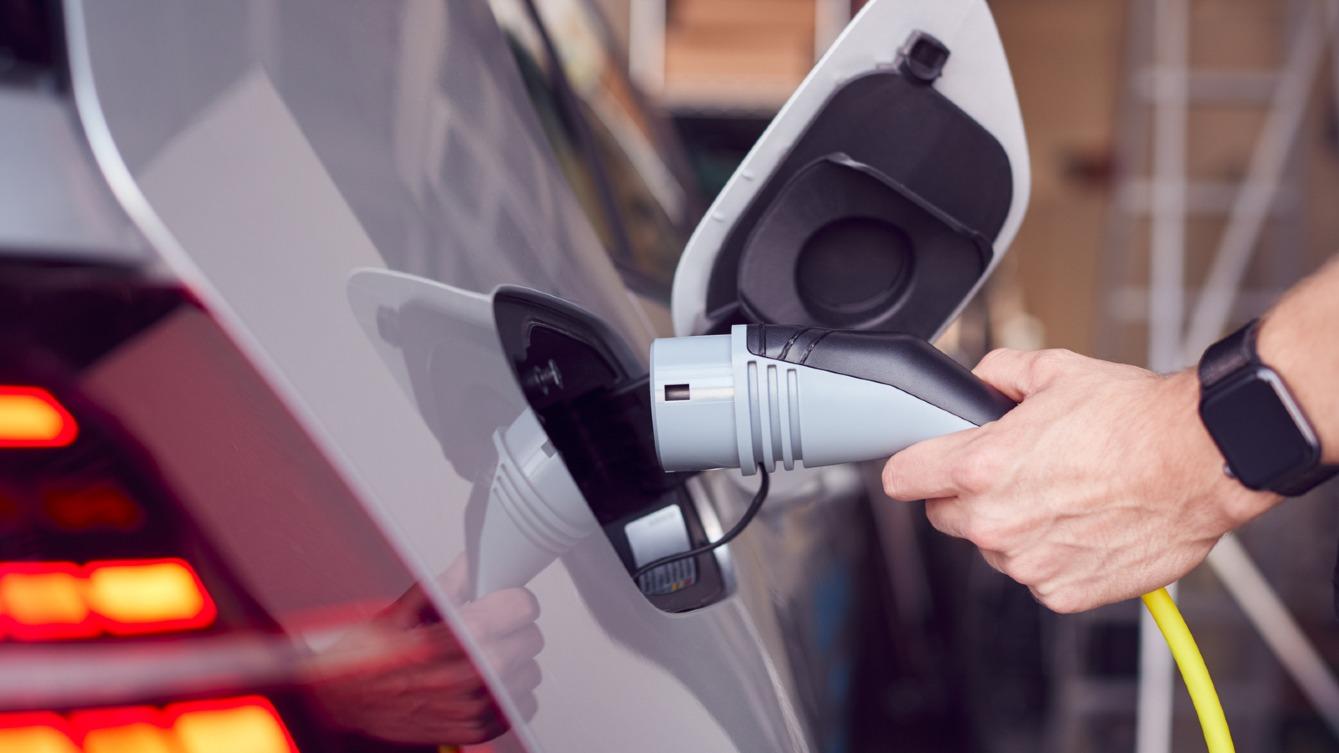PwC's eReadiness Survey, conducted among 17,000 consumers in 27 countries, shows that interest in electric driving is high. Six out of ten respondents say they would consider switching to a zero-emission battery car within five years. Of all respondents who already drive an electric car, no less than 93 percent are satisfied with their car, with only one percent considering going back to a petrol car because of limited range or unexpected costs.
There are also reservations. Costs are still a bottleneck, the survey shows. For example, 75 percent of European consumers consider the purchase price to be a decisive factor; for them, an electric car will only be considered if it does not cost more than 40,000 euros. Many consumers are also uncertain about the total cost of ownership if governments reduce their subsidies for electric cars, as will happen in the Netherlands from 2025.
The rise of electric driving
Bart van Osch, PwC's indirect tax expert, is involved in this PwC Netherlands initiative. According to him, the current rise of electric driving is actually a 'revival'. Van Osch: ‘A hundred years ago, electric driving was just as popular as petrol driving. The very first cars were electric, and at the beginning of the twentieth century the market share was more or less equal. It was only in the 1920s, when people wanted to travel longer distances, which was not yet possible with the batteries of the time, that the petrol car gained the upper hand.'
Misconceptions about electric driving
The electric car has made a strong comeback in recent years. But it still has to overcome scepticism. Roel Drost, climate and nature expert at PwC, sees many consumers reluctant to make the switch. 'They mainly focus on limitations and doubts, and are misled by fake news and lobby stories,' he says. In terms of sustainability, however, the electric car is a good buy.
One of the biggest misconceptions, according to Drost, is that the battery production for electric cars would involve a lot of emissions. 'It does indeed cost more energy than producing a petrol engine. But this is more than compensated for during the use phase. Over its entire lifecycle, an electric car emits around sixty percent less CO₂ than a comparable petrol car. Even if you include the production of the car and its battery, as well as the electricity used for all the kilometres driven. And they also last longer than petrol cars. And as we generate more and more green electricity for charging electric vehicles in the coming years, the environmental benefits will only increase.'
Electric driving causes less particulate matter
Another common concern, according to Drost, is that electric cars produce more particulate matter because of their higher (battery) weight, especially due to increased wear and tear on tyres and brakes. 'This is true for tyres, but electric cars use their wheel brakes less often because they mostly brake on the engine to recover their kinetic energy. As a result, their wheel brakes and brake pads wear out much less on average. Electric cars also require much less maintenance overall and have fewer parts to replace over their lifetime. They are basically just karts with a battery attached. So overall, their emissions are lower, which is good for air quality.'
Larger network and better tax environment needed
A major bottleneck in the growth of electric driving is the limited capacity of the power grid. Drost: 'Indeed, if everyone switched to electric cars now, our power grid would simply not be sufficient for the next ten to fifteen years. But a lot of work is now being done on this, partly because of the huge economic interest in having more space for business and growth.'
Van Osch also emphasises that it is high time to modernise the outdated rules on rates, taxes, and subsidies. 'A simple example: at the moment, the rates and conditions of suppliers are generally designed in such a way that a private individual with an unbalanced electricity consumption of more than ten thousand kWh is considered a business user. But with a gas-free, fully electric house and two electric cars, a private individual quickly reaches that level. So, there are a lot of old rules that need to be cleaned up. In addition, the government needs to pursue a stable fiscal policy, so that consumers and entrepreneurs know where they stand over a longer period of time.'
In this light, it is particularly regrettable that the current government wants to accelerate the phasing out of incentives for the purchase and use of electric cars. 'Too fast,' Van Osch fears. 'A well thought-out and stable policy is still needed in the coming period to make the transition to electric driving a success.'
National plan for e-mobility
In any case, Van Osch sees plenty of room for fiscal adjustments to promote more sustainable mobility in the Netherlands. 'Taxes per kilometre, such as road pricing, could eventually fill the fiscal gap left by declining revenues from petrol and diesel taxes.' Drost emphasises that clear legislation is also essential. 'A consistent legal framework for electric vehicles is needed to provide clarity for both consumers and businesses. The government should develop a national plan for e-mobility so that all parties are moving in the same direction. This will provide a stable basis for investment and growth in the electric car market.'
Electric driving is the better choice in the long term
According to both specialists, there is no doubt that in the long term, electric driving is the better choice in every respect. For both consumers and entrepreneurs, Drost stresses. 'If you look at all the sustainability benefits, but also, for example, the rise of zero-emission zones and the obligation for transparent CO₂ reporting that applies to larger companies since July, going electric is by far the most logical. It is a big step forward in terms of sustainability and corporate social responsibility.'
The two also have a positive message for consumers. Van Osch: 'Apart from driving comfort and the fact that you don't produce any emissions, there are so many other benefits: less maintenance, charging with your own solar panels, and the possibility of using your own car as a home battery. Yes, there are still some question marks, but the electric car is already the better choice for the future.'
Would like to receive the full study?
Please leave your contact details and we will send it to you.
Contact us

Tax Partner, EMEA Connected Tax Compliance and Tax Managed Services Lead, PwC Netherlands
Tel: +31 (0)62 013 85 60


















